The Ed's Up - Photography + Young Readers
In which I try my hand at wildlife photography
In the last newsletter, I wrote about diving (stooping?) into the world of birding. Well, never content to monotask when I can multi-, I have also taken up bird photography—a hobby that certainly overlaps significantly with birding but that also feels distinct to me. Here’s a sample of shots from the last month, all of which were taken with a new Canon R6 Mark II + RF 800mm lens. I’ve only ever used point-and-shoots before and getting to grips with the more sophisticated tech is a little daunting, but its automatic eye-tracking ability is almost magical, it is surprisingly lightweight given its reach, and I’m pleased with the results. Many thanks to the Bluesky birding community, Matthew Raifman, and a lot of YouTubers for encouragement and advice about tech.
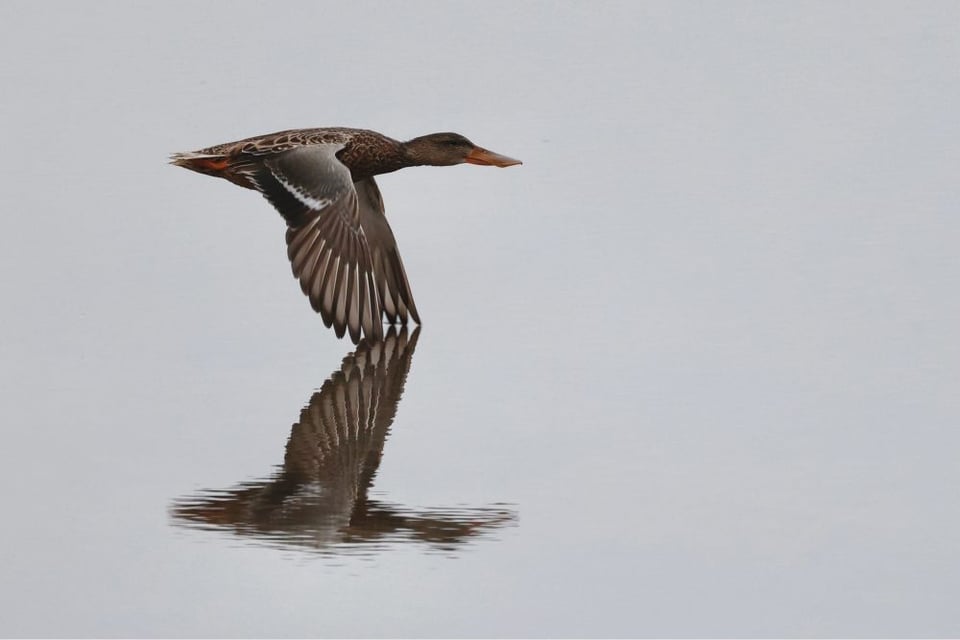
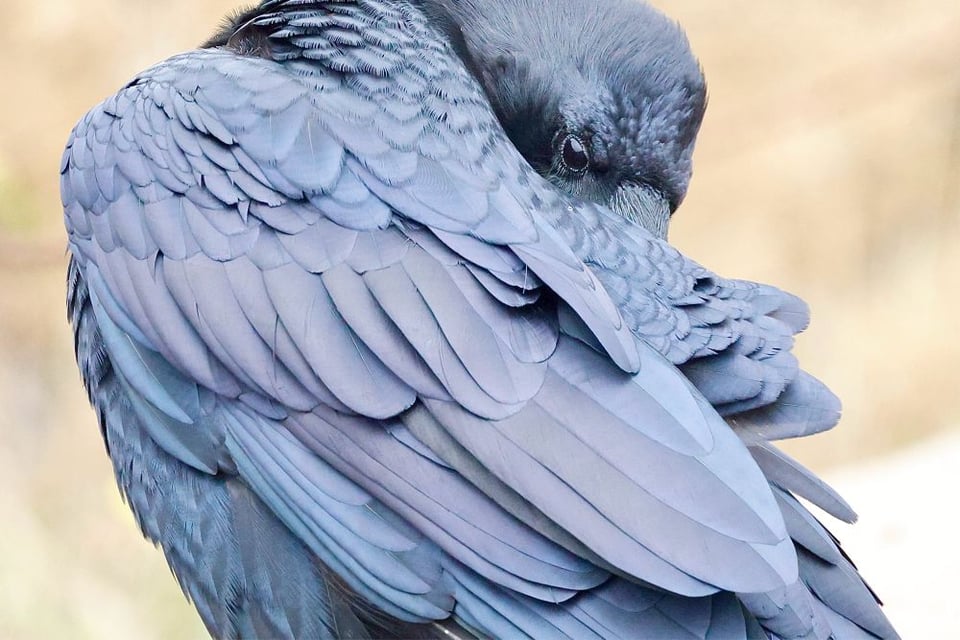
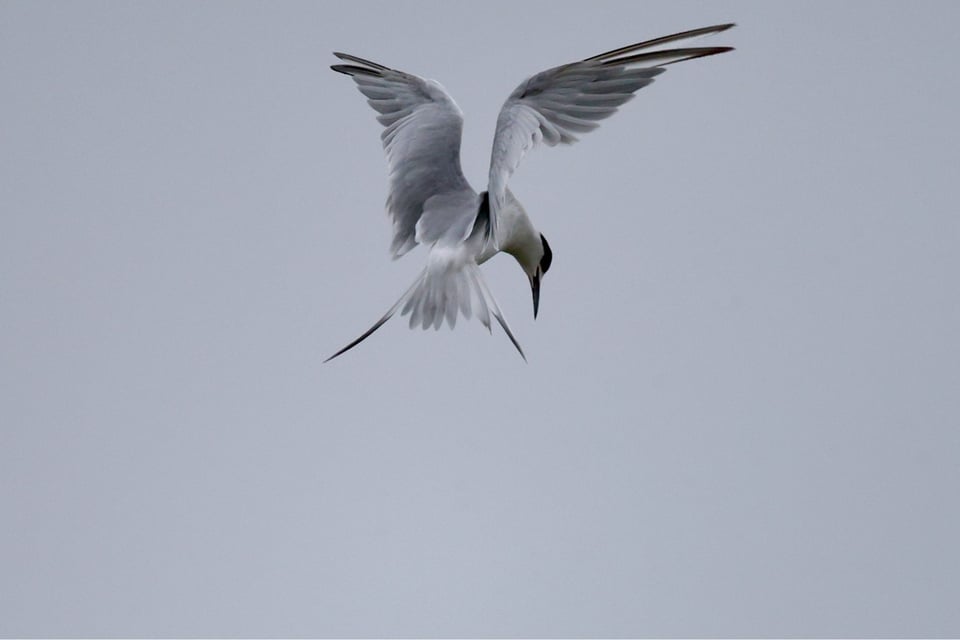
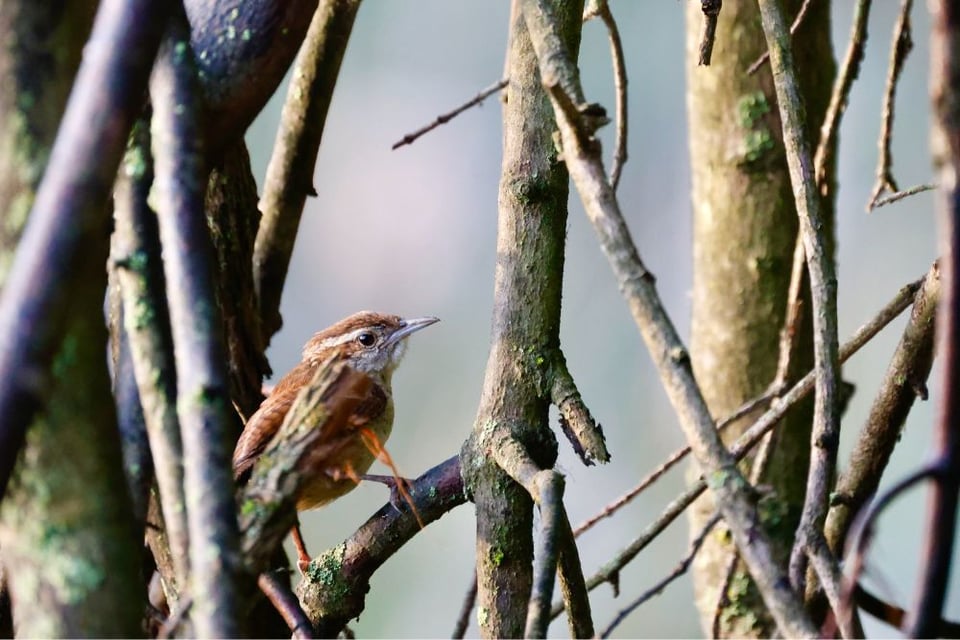
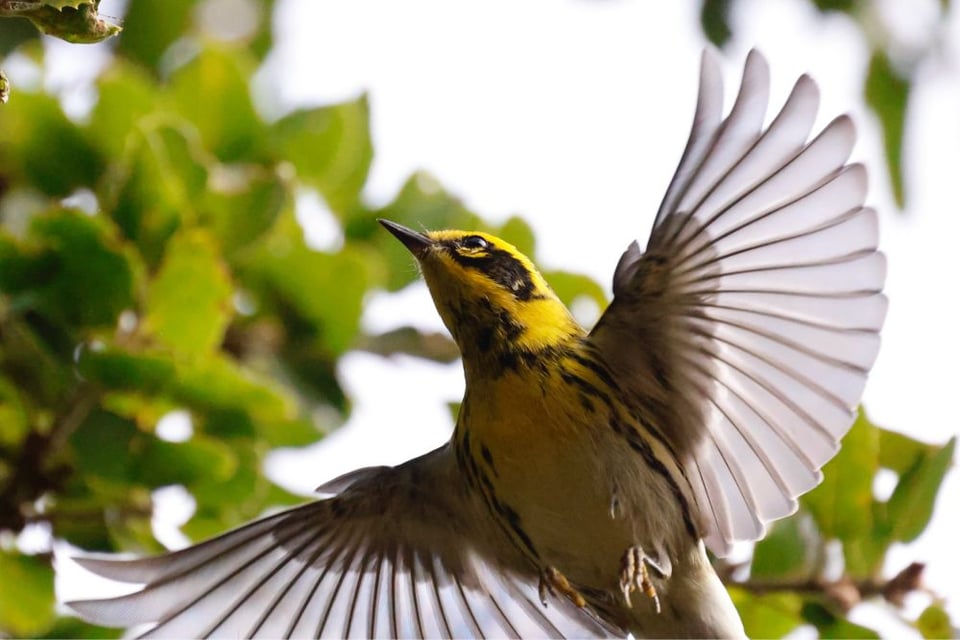
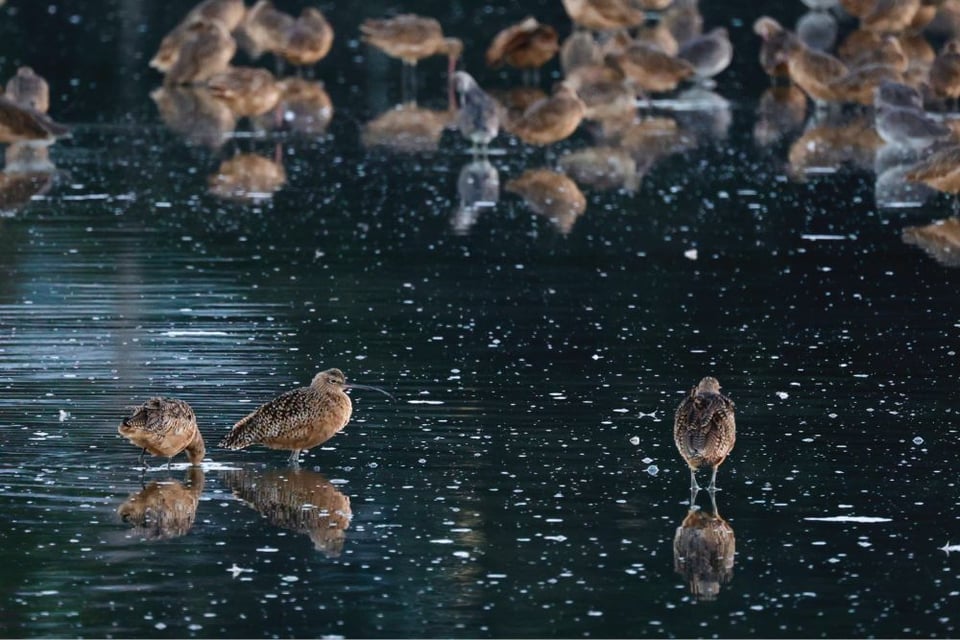
Announcing An Immense World: Young Readers Edition
A lot of people have told me that it would be great to have a kids’ version of An Immense World. Well, I have good news for you: In a couple of years, there will be!
Work is officially underway on a middle-grade edition of the book. AnnMarie Andersen, a children’s book editor and writer of more than one hundred books for children and tweens is adapting the material for readers aged 8 to 12, and I’m editing and overseeing to make sure that it captures the same spirit and rigor of the original. We’ve already worked through the introduction and the first chapter, and it’s working really well, and I can't wait to see the full-color illustrations, photographs, and fun layouts that will accompany the text. Published by Bright Matter Books, an imprint of Random House, the book will be out in May 2025.
And apologies for the continued literary teasing but momentum is building for Book Three, and I should be able to announce what it is in the next newsletter.
Book recommendations
This is How You Lose the Time War, by Amal El-Mohtar and Max Gladstone. An absolute wonder of a book, featuring two protagonists—Red and Blue—whose sections are written by different writers. But these halves feel like DNA's twin helices—perfectly and beautifully intertwining. The book's central conceit is deliciously old-fashioned—pen friends fall in love!—but clothed in boundless creativity. Entire worlds are created in clauses. I adored this. (This also pairs very well with Chain-Gang All-Stars, by Nana Kwame Adjei-Brenyah, which I’ve recommended before.)
All This Could Be Different, by Sarah Thankam Mathews. Queer. Millennial. Immigrant. Broke. A multitude of identities course through this wonderful coming-of-age story, told in scintillating prose and animated by the idea of community as salvation. A stunning debut.
How Infrastructure Works, by Deb Chachra. The urgent problems of the modern era have instilled in so many of us a deep craving to more clearly see the systems that define our lives, to better understand when and why they fail, and to regain agency over a world that can seem too complex to understand much less affect. Fortunately, Deb Chachra has written exactly the book we needed. Revelatory, superbly written, and pulsing with wisdom and humanity, this is a masterpiece.
Our Moon, by Rebecca Boyle (coming out Jan 2025). A riveting feat of science writing, which recasts that most familiar of celestial objects into something eerily extraordinary, pivotal to our history, and awesome in the original sense of the word. I learned so much.
From previous newsletters:
No One is Talking About This, by Patricia Lockwood
Trust, by Hernan Diaz
The Furrows, by Namwali Serpell
The Swimmers, by Julie Otsuka
Recommended reading
“For those who are immunocompromised, or for those who care about them, the pandemic is only as over as it is safe to reenter the world: not particularly.” Essential piece by Esmé Weijun Wang.
“I was Jenisha from Kentucky, and I was raised in a crack house.” A beautiful, poignant piece from Jenisha Watts, telling her story on her own terms.
“The work of library defense right now is unapologetically queer.” Amazing piece by Melissa Gira Grant on how librarians have become queer activists.
Speaking of which, For the People—a leftist library project—is organizing to defend our public libraries from the surprisingly small number of right-wing actors who are working to ban books, defund libraries, and limit access to their crucial services. I strongly encourage supporting this group and getting involved. “
“Human labor can never go away. It can only erode, in dignity, in compensation, in protection, in beauty, in meaning.” Sarah Thankam Mathews on AI, beauty, art, and threat.
“Journeying into the future will require embracing disability—and recognizing its power in our changing world.” This excerpt from Ashley Shew’s brilliant book Against Technoableism argues fiercely for including disabled people in space exploration.
““What is a woman?” is not intended to be a question.” Julie Serano doesn’t so much answer the question as send the questioners to their rooms.
“In recent years, it’s been harder to love the internet.” Charlie Warzel on what high-profile lawsuits against Amazon and Google reveal about why our online world feels so bad right now.
Erin Kissane is publishing a four-part series breaking down Meta/Facebook’s role in the genocide of the Rohingya people in Myanmar. Three parts are now up.
Adam Serwer on the new mainstreaming of eugenics—a line of thought that was once immensely popular, and that is becoming so again among young conservatives.
Jill Lepore on Isaacson on Musk; Jennifer Szalai on Lewis on Bankman-Fried. Two titans of journalism reviewing flawed biographies by two big names of non-fiction about two gigantic children.
“We were, like, Holy shit, there are two different people independently faking data on the same paper. And it’s a paper about dishonesty.” Gideon Lewis-Kraus on Dan Ariely, Francesca Gino, and the latest episode of maximally ironic psychology misconduct.
“It is pseudoscience masquerading as sound forensics, they say. Some even liken the test to witch trials, where courts decided if a woman was a witch based on whether she floated or sank.” Dusa Eldeib on a lab test that purportedly claims to determine if a baby was born alive or dead, and is still being used to get murder convictions
The KOSA bill is set to pass in the Senate with bipartisan support, even though conservatives will plainly use it to “remove any discussions of trans or queer lives from the Internet,” as Charlie Jane Anders writes. Here’s more about the bill’s problems.
Global temperatures broke records in September by a ridiculous margin that one scientist described as “absolutely gobsmackingly bananas”.
An absolutely beautiful comic strip about birds and drawing, by Mel Gillman.
Future speaking events
Oct 14 – Wheeler Centre in Melbourne, Australia. I’ll be talking about An Immense World
Oct 23 – Animal Law Conference in Los Angeles, California. I’ll be talking about An Immense World
Oct 28 - Massachusetts ME/CFS and FM Association Annual Meeting, virtual. I’ll be talking about my long COVID and ME/CFS reporting.
Nov 8 – USC Delta Murphy Lecture at Los Angeles, California. I’ll be talking about An Immense World
Nov 30 – Friends of the Hennepin County Library at Hopkins, Minnesota. I’ll be talking about An Immense World
That's it for this week.
I'm still working out how best to use this newsletter, but this'll be the basic form for now. It's free, but you can choose to pay a monthly subscription (at whatever level you set) if you'd like to support my work.
- E